Fundamental transformation will occur, or we will lose our democracy and possibly much more. There is little time to dawdle and everything to lose, should we not embark immediately upon the process of reimagining America’s future.
Two necessary changes are a shift from a dirty economy (fossil fuel industry-based) to a green economy; and from a war economy (defense industry based) to a peace economy. Both signify the difference between an unsustainable and a sustainable path forward.
While some would argue that outsized defense spending is a necessary bulwark of our economy, in fact it is not. There is a higher return on investments in education, health and economic opportunity than there is on defense spending. Just as we can make a just transition to a green economy - and we must, we can also make a just transition to a peace economy - and we must.
The war in Afghanistan will be a festering wound on America’s soul for a very long time, just as is the war in Vietnam. I’ve often said that once Robert McNamara, during the Clinton presidency and shortly before McNamara’s death, said of the Vietnam war that it had all been a “terrible mistake,” we should basically have shut down the country for three days so everyone could scream into a pillow. A healthy nation would have taken the time to grieve, to integrate the horror, and possibly to learn some things.
But we did not, of course - in fact we seem to have learned nothing - and as a consequence we basically replicated our tragic stupidity a few decades later. The resistance to fundamental change - particularly political, economic and military - is infused into the sinews of how our system operates. A little tweaking here and a little tweaking there is not going to disrupt the patterns of our ultimately self-destructive tendencies. In order to right the imbalances of our civilization, we’re going to have to right the imbalances in our societal attitudes. We need a different view of things … a different mindset … and a different emphasis on what matters most.
We need a hell of a lot more women in charge.
About twenty years ago, I was invited to an official policy conference for Democratic women. I chose not to go for one reason: defense issues weren’t even on the agenda. I called one of my senators at the time (a woman) to ask how this could be, given that more women and children die in wars than do men. She seemed a little surprised by my question, suggesting that she hadn’t thought of war as “a woman’s issue.”
Oy. Maybe it’s not, but it sure should be.
Every Mother’s Day, I post the original Mother’s Day Proclamation, written by Julia Ward Howe. Far from a Hallmark card performative charade of flowers and a family brunch, the original Mother’s Day was born of very serious and sober intent. Mothers who had lost sons fighting during the Civil War for the South met with mothers who had lost sons fighting in the Civil War for the North, to declare that war must end.
Written in 1870, the Proclamation said this:
Arise, all women who have hearts, whether your baptism be that of water or of tears! Say firmly: “We will not have great questions decided by irrelevant agencies, our husbands shall not come to us, reeking with carnage, for caresses and applause.
“Our sons shall not be taken from us to unlearn all that we have been able to teach them of charity, mercy and patience. We women of one country will be too tender of those of another country to allow our sons to be trained to injure theirs.”
From the bosom of the devastated earth a voice goes up with our own. It says, “Disarm, disarm! The sword is not the balance of justice.” Blood does not wipe out dishonor nor violence indicate possession.
As men have often forsaken the plow and the anvil at the summons of war, let women now leave all that may be left of home for a great and earnest day of counsel. Let them meet first, as women, to bewail and commemorate the dead. Let them then solemnly take counsel with each other as to the means whereby the great human family can live in peace, each learning after his own time, the sacred impress, not of Caesar, but of God.
In the name of womanhood and of humanity, I earnestly ask that a general congress of women without limit of nationality may be appointed and held at some place deemed most convenient and at the earliest period consistent with its objects, to promote the alliance of the different nationalities, the amicable settlement of international questions, the great and general interests of peace.
Obviously a patriarchal system ate that one up. Woodrow Wilson established Mother’s Day as a national holiday in 1914, proclaiming the second Sunday in May to be Mother's Day "as a public expression of love and reverence for the mothers of our country."
I’m sure I speak for every woman in saying we really appreciate the love and reverence, but loving and revering women will not of itself save our democracy or our country. Listening to us, however, just might.
My guest on Conversations with Marianne today is Zainab Salbi, the founder of WomenForWomen.org. Zainab grew up in Iraq, her family part of the inner circle of Saddam Hussein. Having come to the United States at the age of nineteen, she founded Women for Women three years later as a way to help women survivors of war. Violence against women is a primary tactic in war zones around the world, and Women for Women has raised over $146 Million and helped over 500,000 women victims of war rebuild their lives after the most horrific experiences of violent abuse.
Women for Women was one of the main humanitarian organizations working in Afghanistan after the Taliban fell in 2001. I knew it was also part of an effort, only partially successful, to prioritize the evacuation of the most vulnerable women from Afghanistan when the United States departed. I reached out to Zainab to hear more about her story and about the women of Afghanistan both twenty years ago and, most importantly, today.
This quote from the interview speaks to Zainab’s original impulse for founding Women for Women, as well as to its sustaining philosophy.
When women are involved in defining war and peace, it's different. Peace becomes not about killing as many of your enemy as possible. It is about how do you make people's lives better? How do you get them more schools and more jobs and paint the roads and pave the roads? And if you do that, they will actually love you and pray for you. That’s how you get to their hearts and minds, not by killing them. But we keep missing that point.
Zainab is one of the wisest women in the world, and wisdom is what we most need now. Our military prowess at waging war in Afghanistan was not married to a parallel effort to wage peace among the people of Afghanistan, to tragic effect as we all now know. While our leaders kept saying “there’s no military solution in Afghanistan,” they seemed little interested in ideas raised by many - particularly women such as my guests on Reflections on Afghanistan - about what indeed might have been part of an actual solution. More women’s voices need to be heard now, not only so we’ll have a deeper understanding of the ravages of war but also so we’ll have a deeper understanding of the possibilities for peace.
*Zainab Salbi is a celebrated humanitarian, author and journalist. She's the host of the Redefined podcast as well as the founder of Women for Women International, a grassroots humanitarian and development organization dedicated to serving women survivors of war by offering support, tools and access to life changing skills to move from crisis and poverty to stability and economic self-sufficiency. People magazine named her one of the Twenty Five World Changing Women in 2016. Foreign Policy magazine named her as one of the 100 leading global thinkers. She sits on the board of directors of the International Refugee Assistance Project.
The audio of the interview:

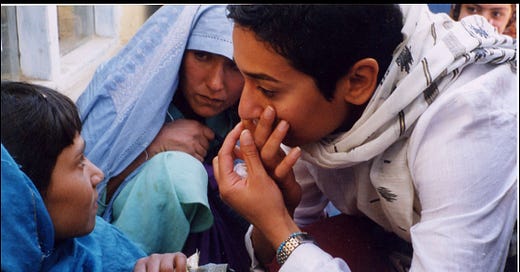


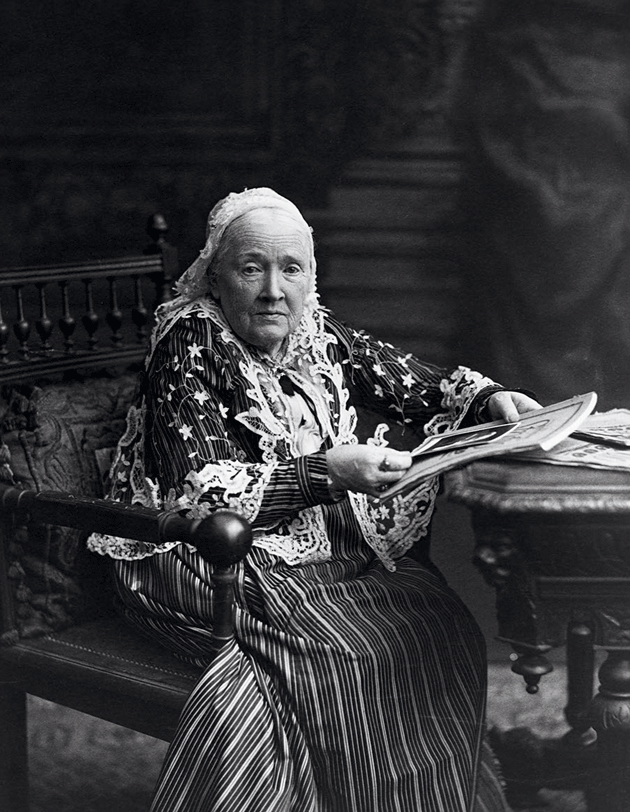
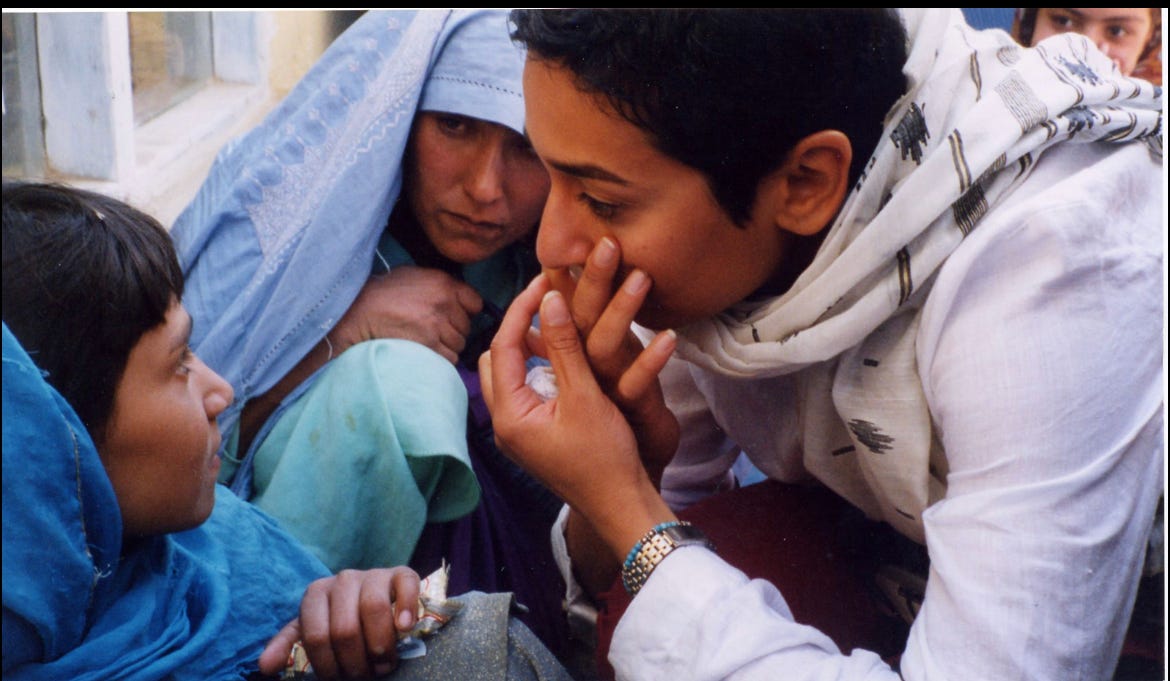
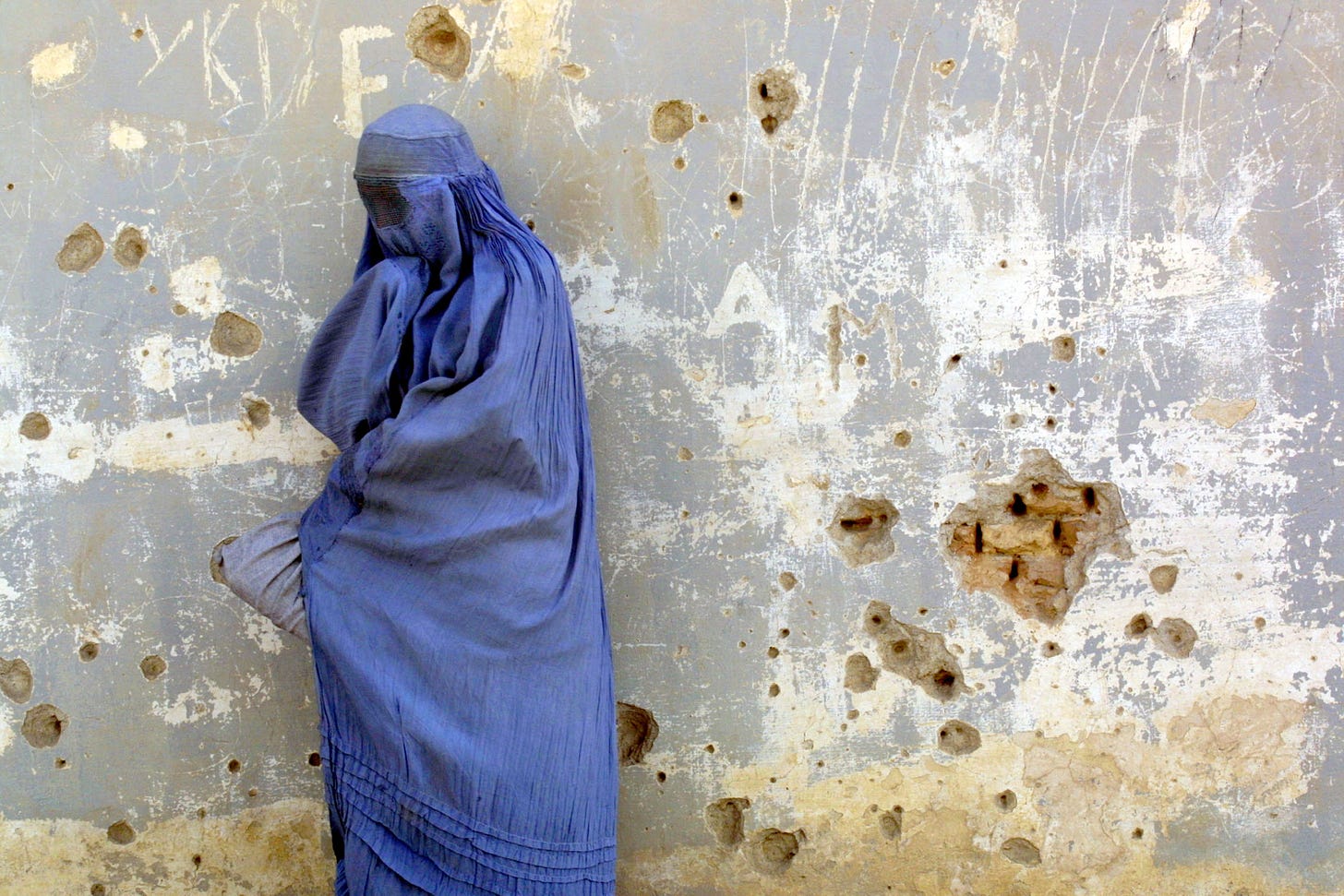
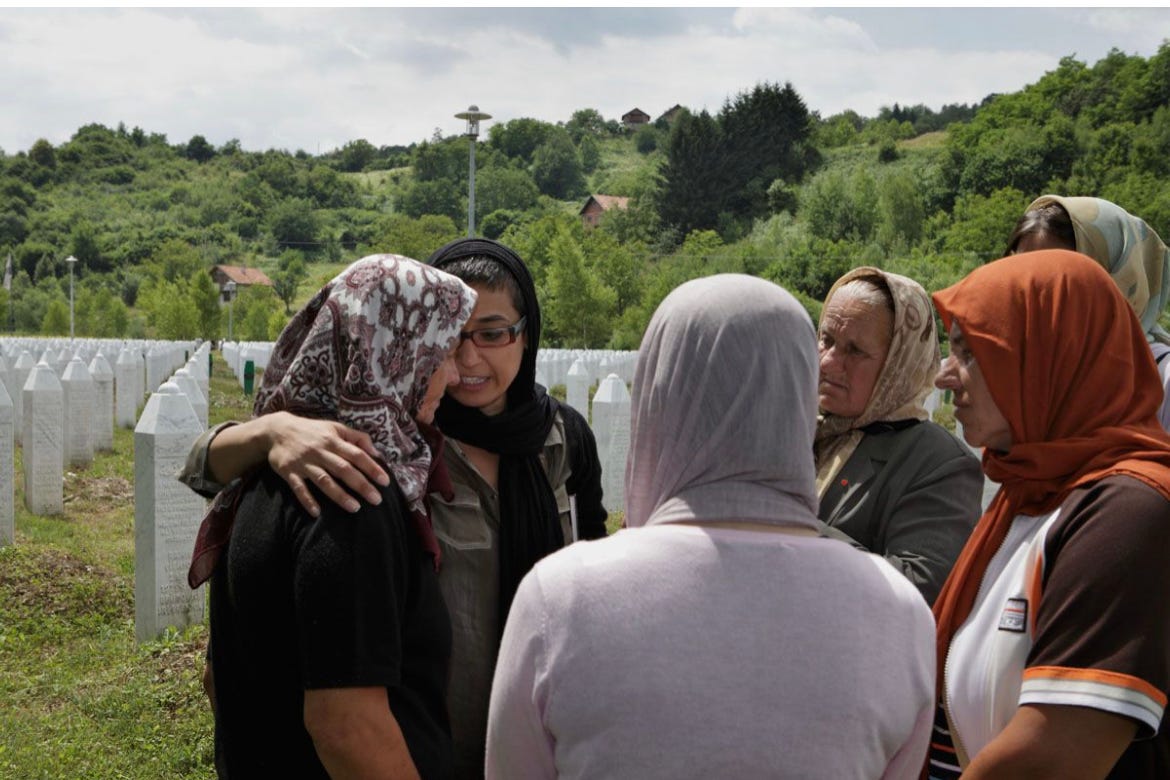
Really looking forward to that feminine century Zainab predicts! Things aren’t trending great right now, but hopefully all the transgressions against feminine values we’re currently seeing will ultimately become the springboard we need to get there. This conversation featured all the nurturing, collaborative & creative examples of feminine values the world is starving for. So grateful for this conversation & hope a lot of media types watch this & become inspired to up their own games.
Such a wonderful interview.